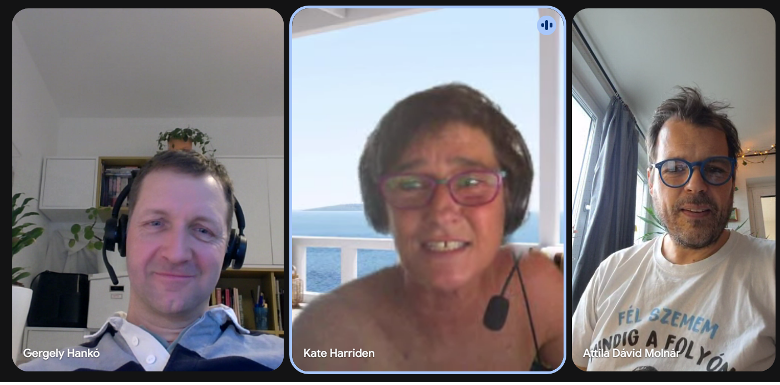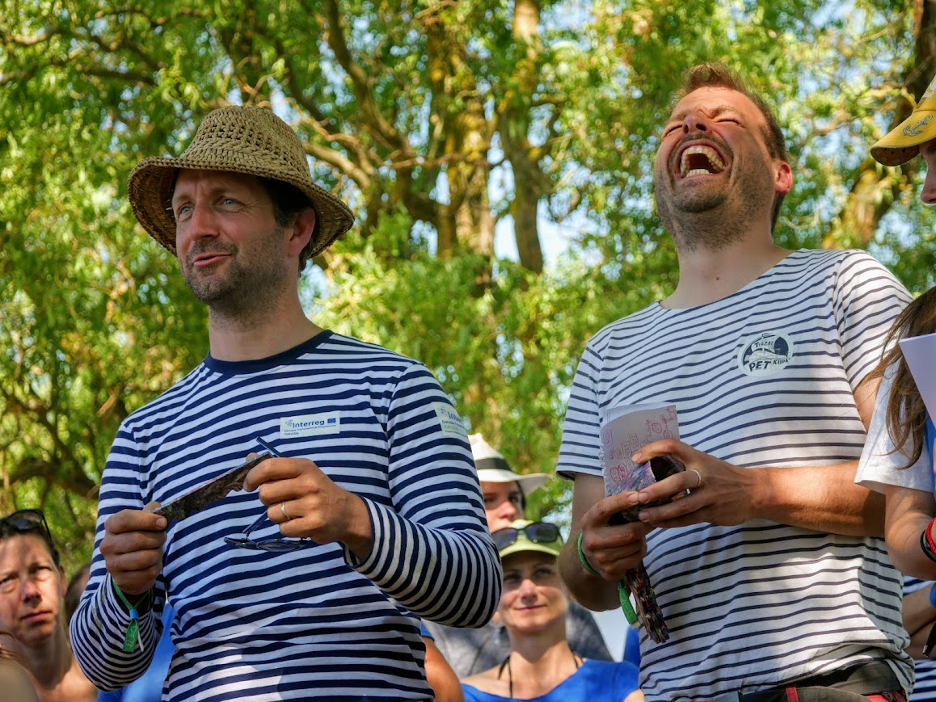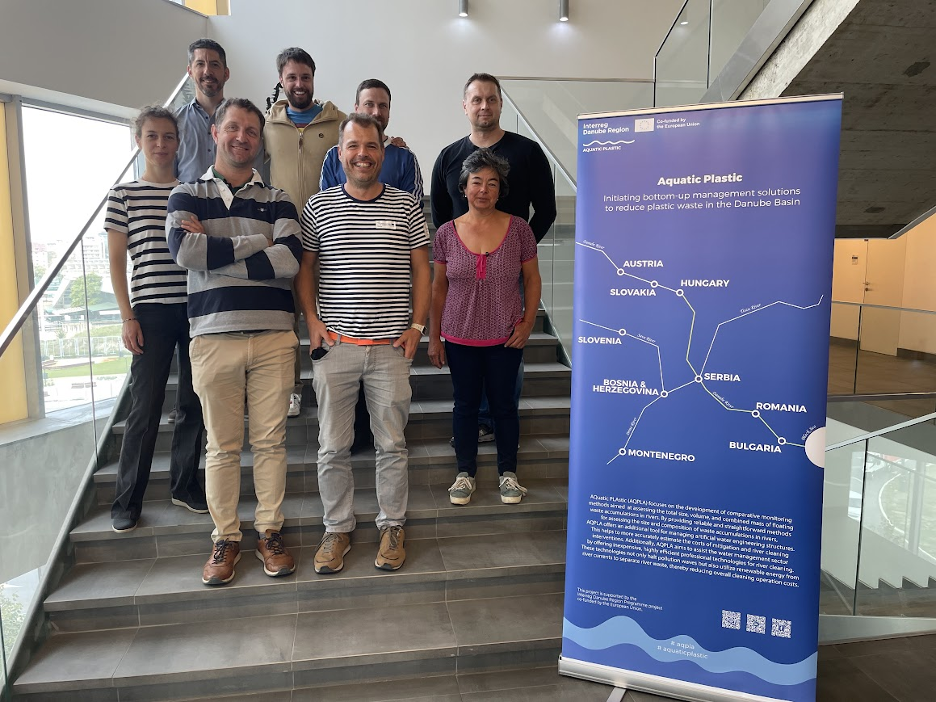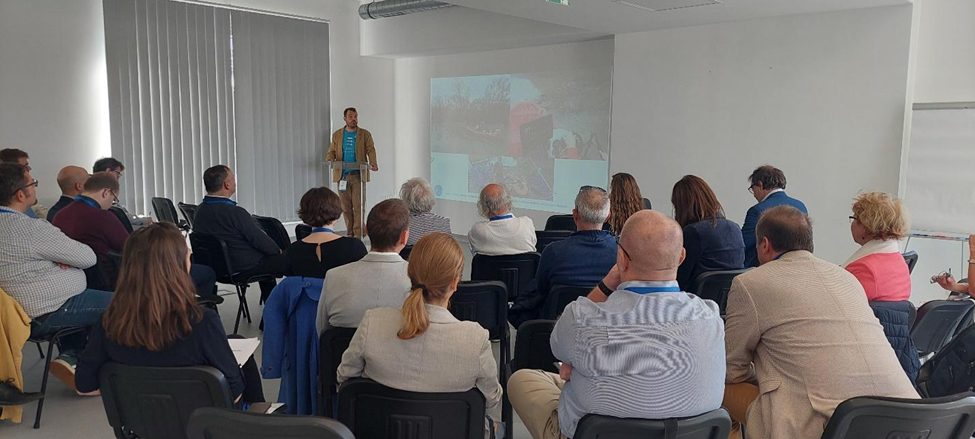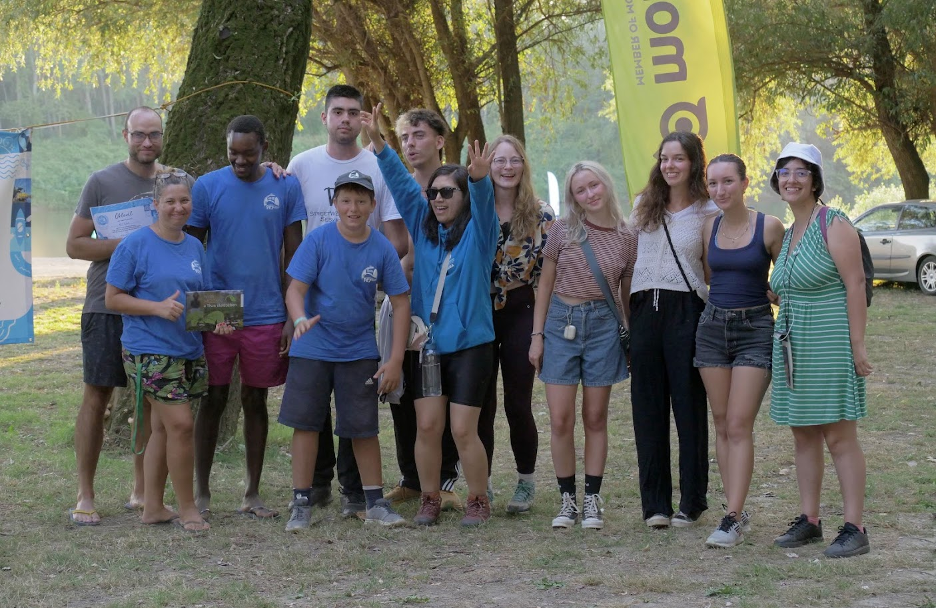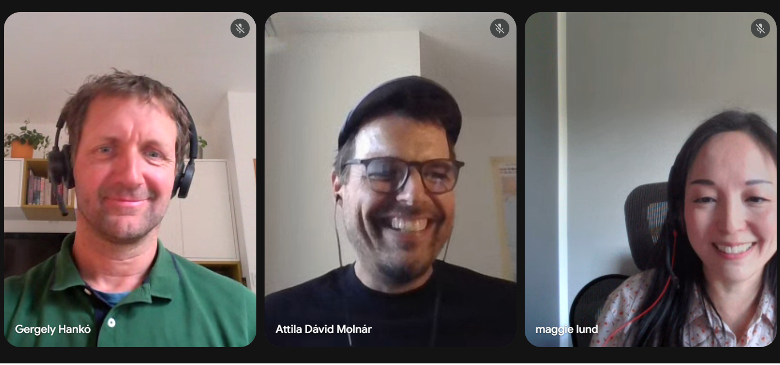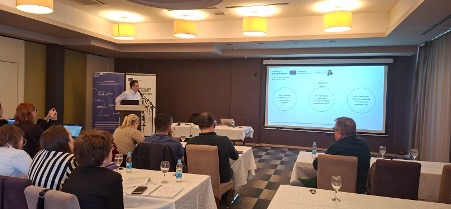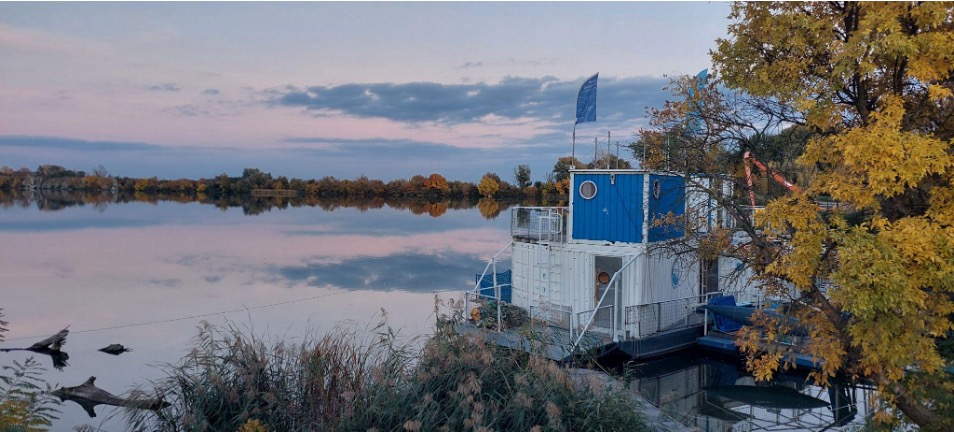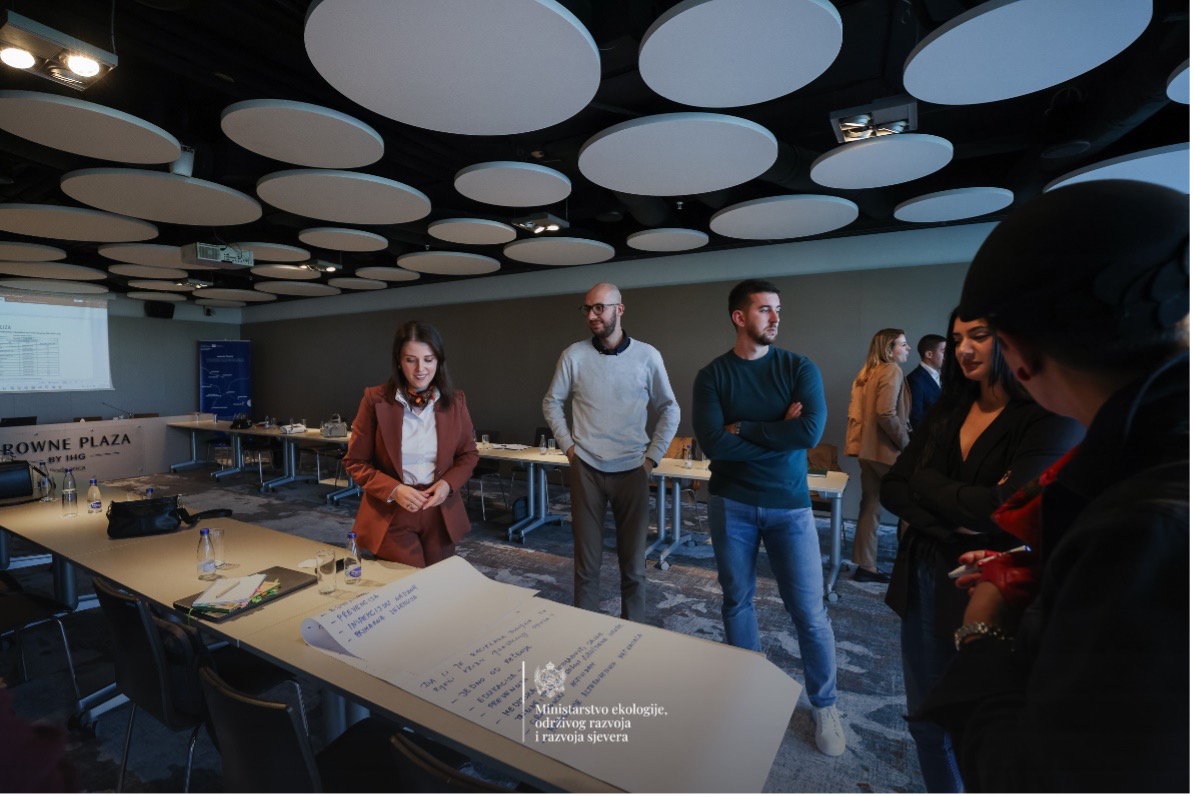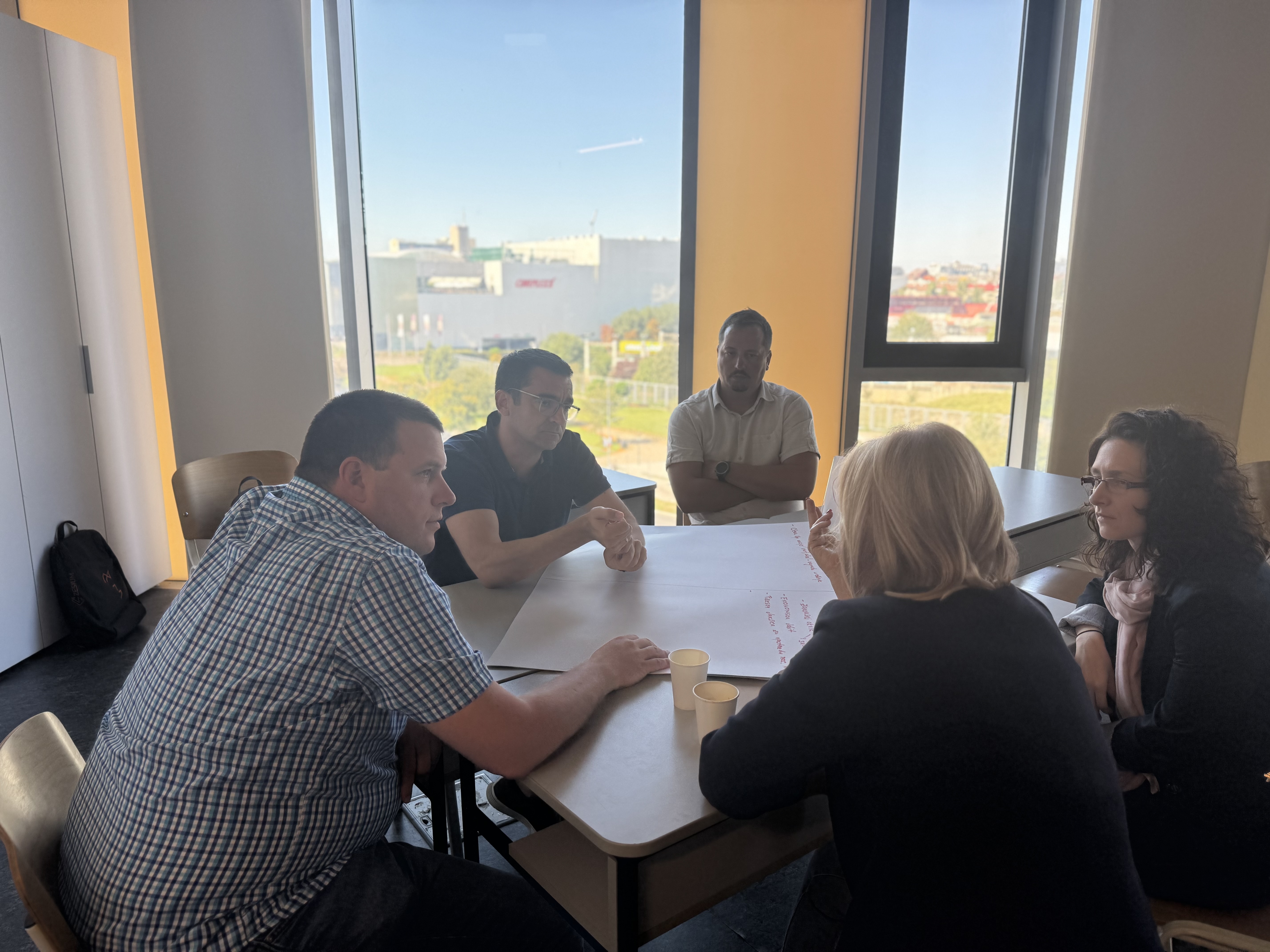
Workshop on Circular Economy and Plastic Waste Held at the University of Novi Sad
As part of the Interreg Danube Region Project “Aquatic Plastic”, a workshop titled “Is Circular Economy the Key to a Plastic-Free Environment?” was held on 15 September at the Faculty of Technical Sciences, University of Novi Sad.
The event brought together more than 25 representatives from national and provincial environmental institutions, local administrations, public enterprises, the academic community, civil society organizations, and media. The diverse group of participants reflected the importance of cross-sectoral cooperation in tackling plastic pollution.
The workshop opened with greetings from the university representatives, who emphasized the role of research, innovation, and knowledge sharing in the transition towards a circular economy. Participants were introduced to the project’s achievements to date, as well as future activities.
A special part of the workshop was dedicated to the interactive method “World Café”, designed to stimulate dialogue and collaboration in smaller groups. This approach encouraged all participants to engage actively, exchange experiences, and propose practical ideas on how circular economy principles could contribute to reducing plastic waste.
Key discussion points at the World Café tables:
Table 1 – Challenges of Circular Economy in Combating Plastic Waste: Participants highlighted several obstacles to effective plastic waste reduction in Serbia. The most frequently mentioned were the lack of infrastructure for separate collection, inconsistent enforcement of existing regulations, and limited awareness among both citizens and businesses. The economic feasibility of recycling certain types of plastics was also identified as a major barrier that needs to be addressed through innovation and policy support.
Table 2 – Innovations in Design and Circular Economy: Discussions focused on how product and packaging design can be improved to support circular principles. Participants stressed that the use of recyclable or biodegradable materials, simplified packaging forms, and modular product design could significantly contribute to waste reduction. Stronger collaboration between designers, producers, and recycling companies was seen as essential. It was also pointed out that educating designers and engineers in sustainability principles should become a priority.
Table 3 – The Role of Individuals, Industry, Policy Makers, and Media: The group agreed that responsibility is shared among all stakeholders. Individuals contribute through everyday choices such as waste separation and reduced single-use plastic consumption. Industry can play a leading role by investing in cleaner technologies and adopting eco-friendly practices. Policy makers are expected to create a clearer regulatory framework and economic incentives, while media should act as multipliers of awareness, informing the public and inspiring behavioral change.
Table 4 – Motivation of Communities and Businesses: This discussion focused on how to encourage broader participation in circular economy initiatives. Participants concluded that financial incentives, community-based projects, and clear examples of successful practices can motivate citizens and companies alike. Local governments and civil society organizations were recognized as key actors in building trust and promoting active involvement.
Outcomes of the Workshop
The workshop once again confirmed that tackling plastic pollution requires joint efforts of science, policy, business, and society. By creating spaces for dialogue such as this one, the Aquatic Plastic project strengthens regional cooperation and helps identify practical solutions for reducing plastic waste in rivers and aquatic environments across the Danube Region.
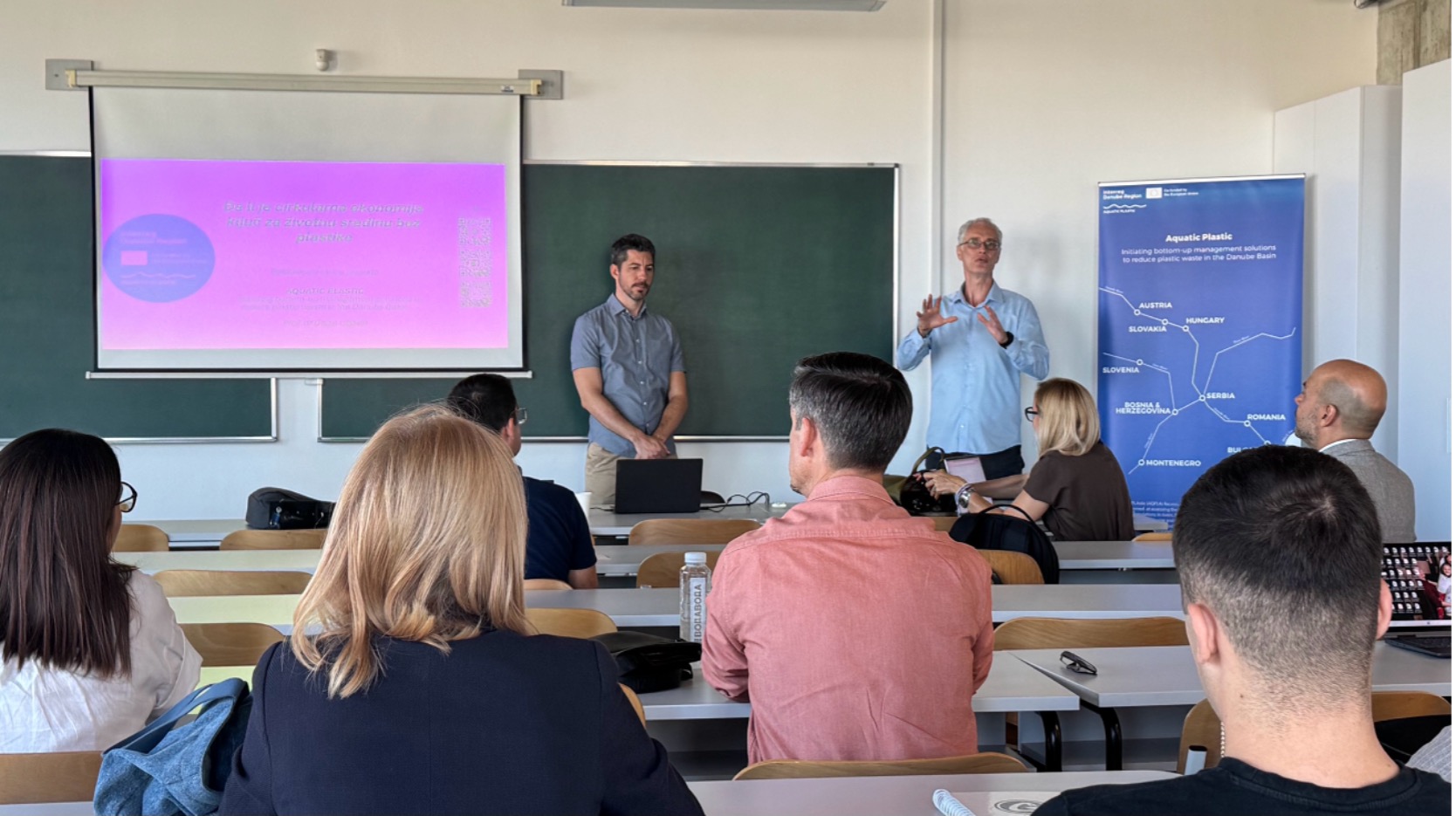
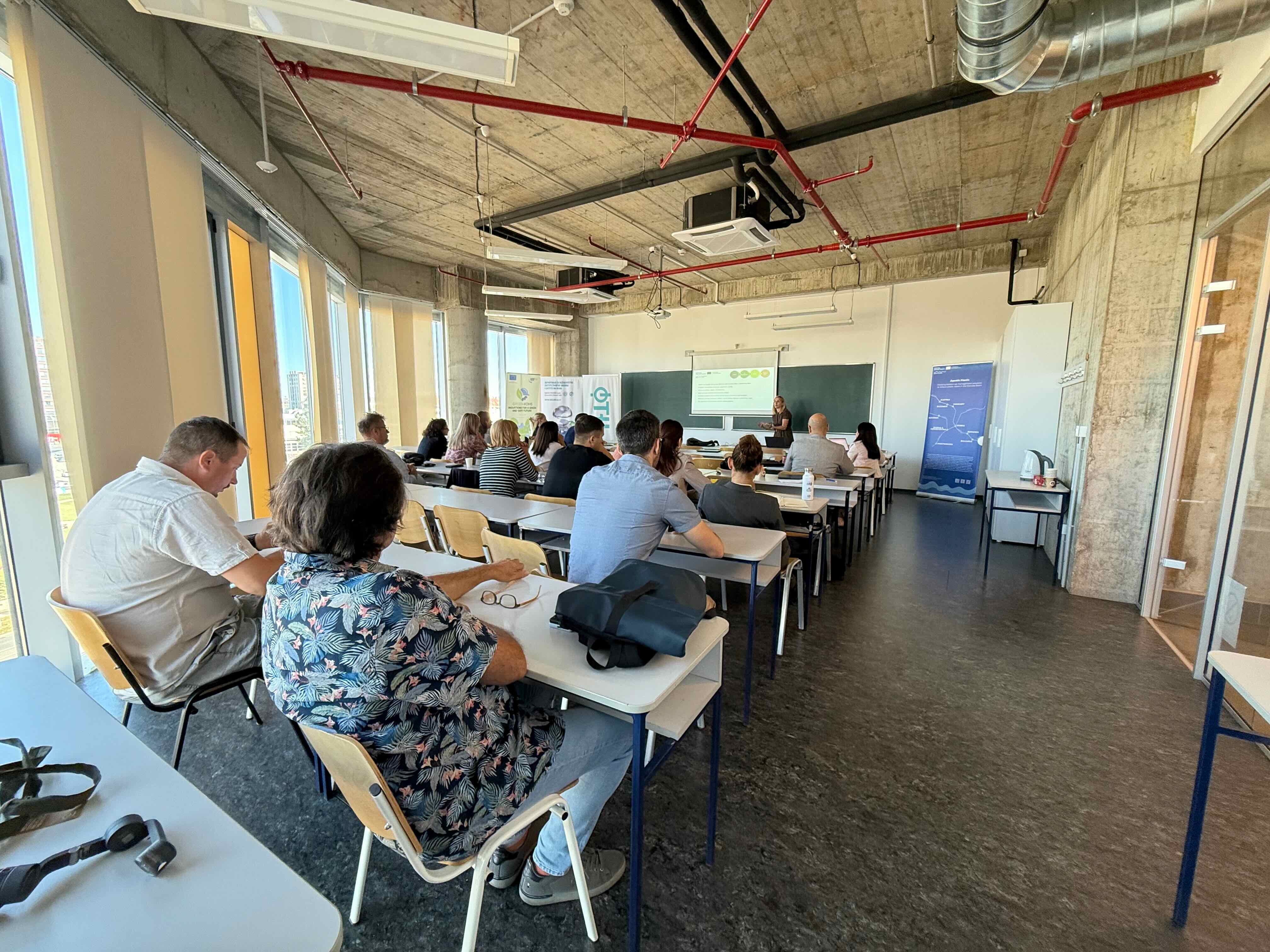
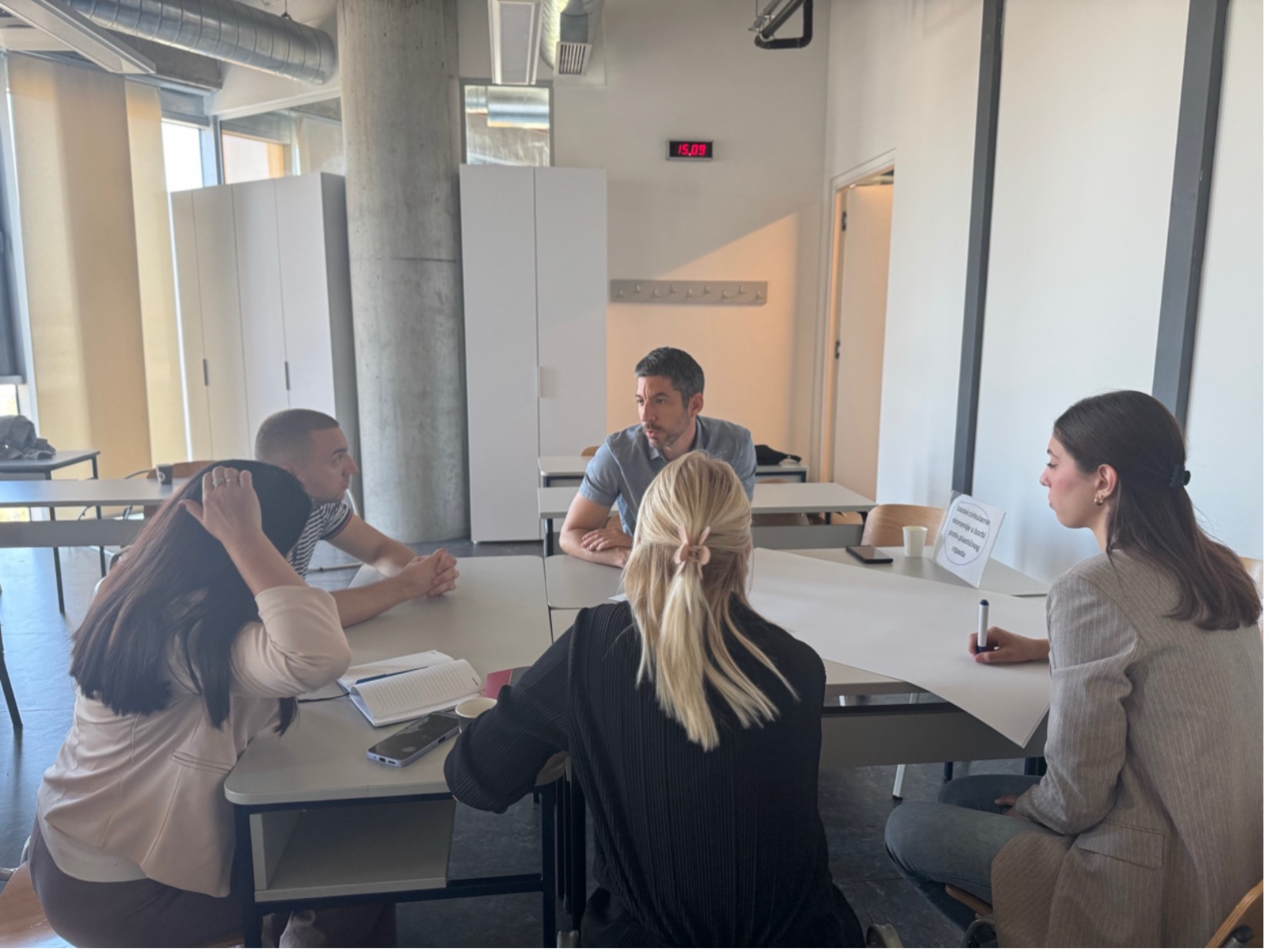
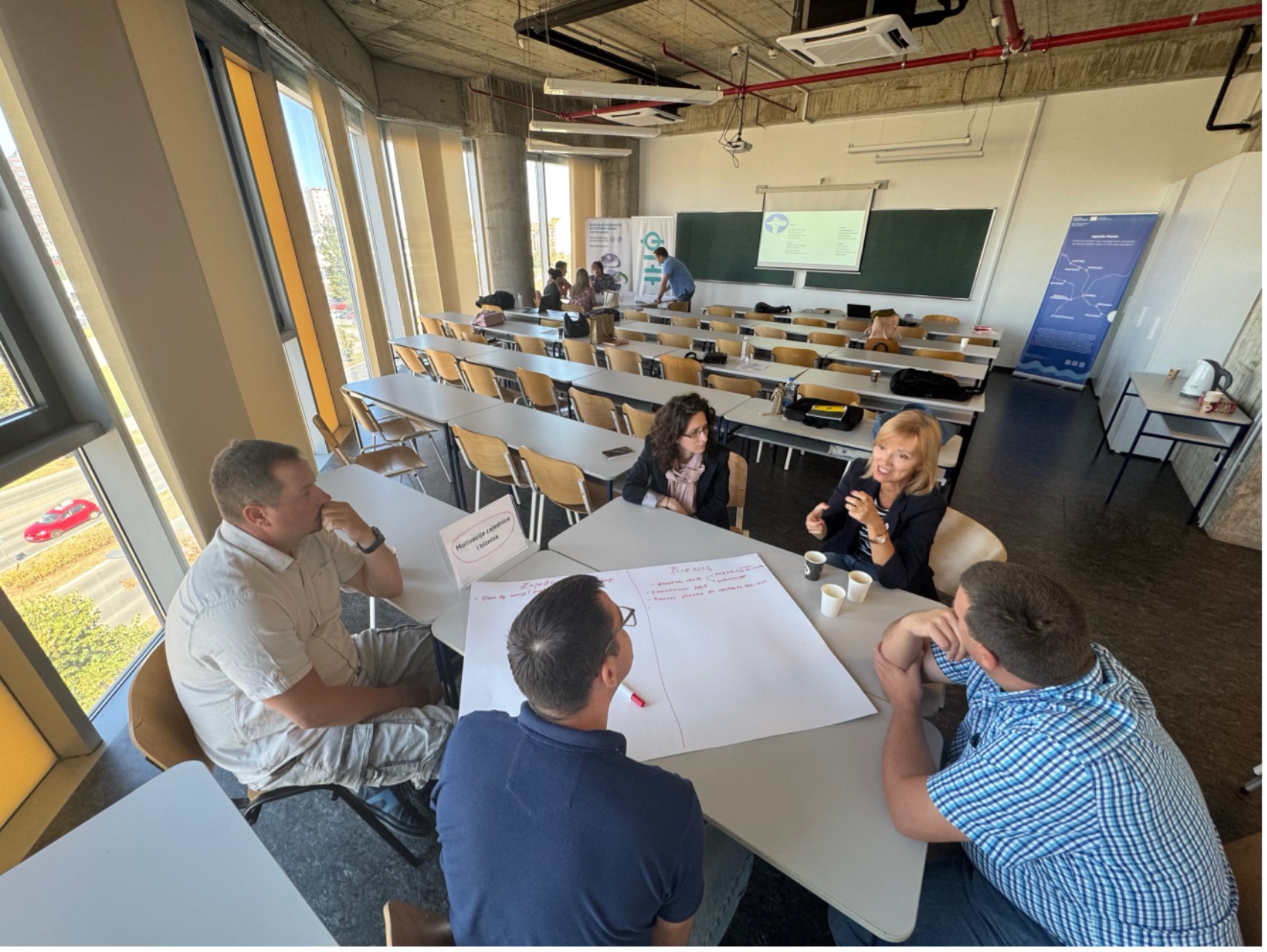
News & Events
Read the most recent updates and explore the upcoming events.

